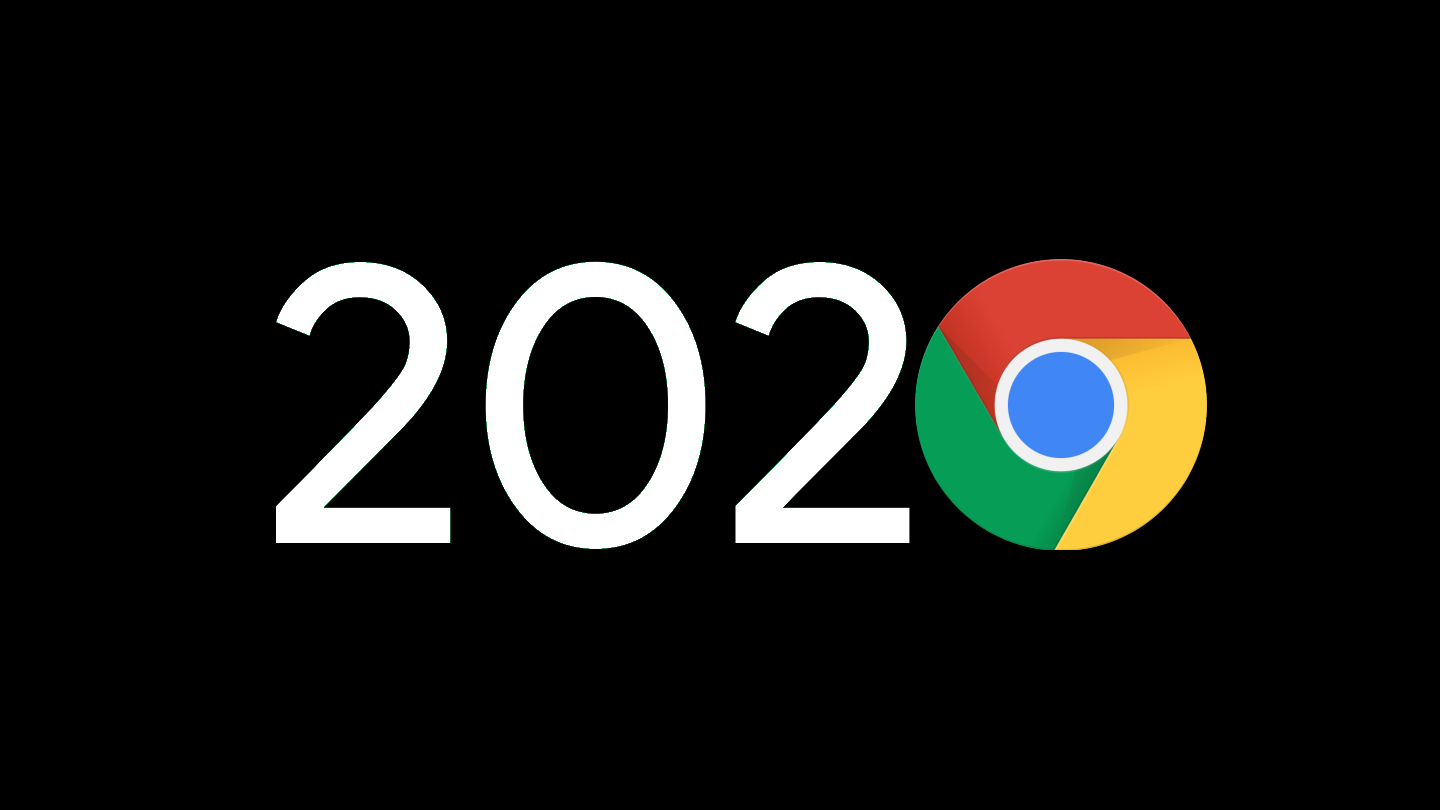latest

2020 was (well, as of writing, still is) quite a crazy year, and that craziness also had a huge impact on the tech industry. The internet is gradually becoming more divided across countries, the trade war that completely changed Huawei's phone business is raging on, and the global pandemic affected both hardware and software release cycles — you might remember that Chrome and Chrome OS updates were temporarily paused when everyone started working from home.

The privacy-focused, ad-blocking browser Brave is best known here at Android Police for acquiring and shutting down Link Bubble, which allowed users to surf the web in floating bubbles similar to Facebook Messenger's chat heads. Now, the company has announced the roll-out of its advertising initiative called Brave Ads, which replaces intrusive tracking ads on the web with privacy-centric ones provided by the browser.

Last year Google rolled out what was effectively a built-in adblocker for Chrome — though it only applied to "intrusive" ads that didn't meet the standards set by the Coalition for Better Ads. Initially, this only affected sites in North America and Europe, but yesterday the Coalition for Better Ads (read: Google) announced that it's expanding this to all countries later this year.

It's an unfortunate fact, but none of your favorite websites — Android Police included — would be able to exist without ad revenue. Nobody likes to be bombarded with ads when they browse the web, which is why most of us use ad blockers. This is great for end users but potentially catastrophic for publishers, and that's why Google's Funding Choices exists.

The beta version of Chrome 65 was released just over a month ago, and now it has graduated to the stable channel. This release includes the much-anticipated ad blocker, as well as a change to Incognito mode and some security improvements. Without any further ado, let's jump right in.

Chrome 64 was just released to the general public, which means Chrome Beta has bumped up to version 65. This new update includes the ad blocker that is expected to go live on February 15, as well as some security enhancements and minor new developer features. Without further ado, let's get into it.

Advertising is the lifeblood of Google, so the company has always had an understandably awkward relationship with ad-blocking software. Google seems to understand why people use ad-blockers, though. There are a lot of terrible ads out there, but blocking them all is bad for Google. That's why Chrome is getting an ad-blocker for "bad ads" soon, and now we know how it'll work.

Advertising is very much a balancing act for websites these days. You want to make enough money from an ad-supported site to cover costs, but you don't want to annoy users to the point they block all your ads. Some websites don't seem to care how much they annoy you, though. Google is reportedly getting ready to take a stand against the worst ads on the web with a built-in ad-blocker for Chrome.

Brave Software, the company that recently purchased and rebranded Link Bubble, has a plan to make the Internet a better place by stripping out bad ads and replacing them with good ones.

In what would be an extremely controversial move, several European mobile carriers are reportedly working on a system to block online advertisements on their networks. Though none are named in the original report by Financial Times, the operators are said to be cooperating with Israeli startup Shine, who is developing the technology to accomplish the task. While specific timelines and details of the implementation are lacking, this would obviously have wide ramifications.








